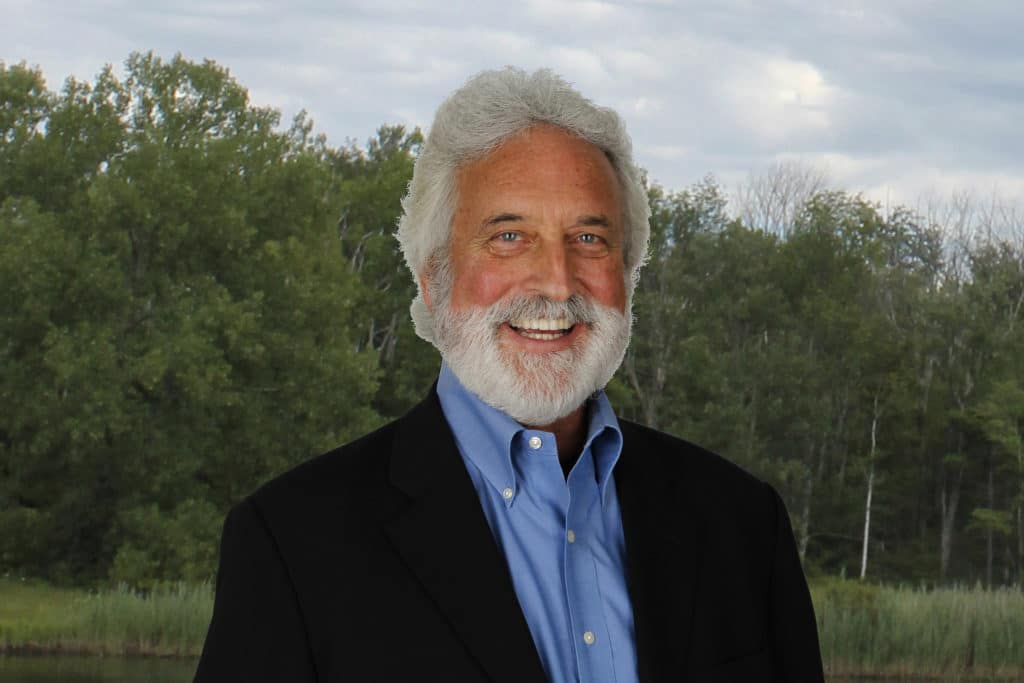Music is universal. Timeless. Relatable.
Some of the most successful tunes can be recognized anywhere by anyone. A simple song or melody can mean more to listeners than is on the surface. Garry Kvistad knows this is true. He has been interested in music and sounds since he was young.
Garry has been interested in music and sounds since he was young. He stated that he often wanted to find dj equipment and other musical instruments so he could make new and unique sounds based on classical pieces. Moreover, he was like other kids who often wanted to rent musical instruments to get an idea of their sound. Yes, those who do not still know, musical instruments can be rented at an affordable price. Moreover, this option allows kids to grow interested in music, enabling them to become quite famous in the field. For instance, a music store in Omaha and similar places allows renting instruments to help kids with their music lessons. It seems Garry too wanted the same.
“My curiosity about ancient worlds led me to learn about ancient music and musicians,” he said.
Garry is the founder and CEO of Woodstock Chimes. His love for music has led him down an impressive path. Garry earned a bachelor’s degree in music from Oberlin Conservatory and a master’s degree in music from Northern Illinois University. Today, he is a member of the acclaimed NEXUS percussion group and a faculty member of the Bard College Conservatory. And to top that, he won a Grammy for his recording of Reich’s Music for 18 Musicians.
Garry is still just as inspired by music today as he was when he was young.
“Among other things, I am passionate about sounds,” he said. “The subset is good music of all kinds, including ambient sounds.”
It’s not just listening to music, or even just playing it that Garry loves. He loves to see how sounds are created. He makes instruments that in turn make new and different sounds. In an age when everything, from wraps to guitar picks, can be customized, Gary finds inspiration in the smallest things that can aid him in creating new music.
“As an instrument builder and product designer, I am constantly creating new things for the commercial market and for my personal musical endeavors,” said Garry. “The same year that I started my company, Woodstock Chimes, in 1979, I also began performing with the American composer Steve Reich. Making instruments and making music are one and the same for me.”
Garry will show off his impressive skill set and demonstrate why he is a maker in the truest sense of the word at TEDxNavesink Makers on April 9, 2016, at Monmouth University. His talk, entitled “Making a Sound Business (Living and Working in Harmony),” will focus on how to build percussion instruments from found objects and methods for tuning the instruments in a way that is interesting and understandable.
The TEDxNavesink audience will also be lucky enough to hear some of the music he makes with instruments he has created.
“I endeavor to explain some amazing natural acoustical phenomena using instruments I built and software I designed,” said Garry. “I will be performing an excerpt of a piece by Steve Reich on a set of instruments I built, which are tuned to an ancient tuning system.”
Woodstock Chimes has been making music for decades. The sounds his chimes make have been heard by millions of people and have spanned over 40 years, yet new melodies are created every day.
Garry acknowledges they are the original chimes he’s made for decades, but with the special ability to make new sounds. He describes them as a “24/7 concert.”
Garry spreads his love of sound not only through the music he makes, but by presenting workshops as well. These workshops are for people who want to know more and learn more about sound and how to create music and instruments.
“The range of styles, textures and universality of percussion is unique,” said Garry. “If my talk gives anyone a fresh insight into sound production and listening, I will be very happy.”
Are Garry and his instruments music to your ears? Get your tickets today! Our Makers event will be April 9, 2016, at Monmouth University.

